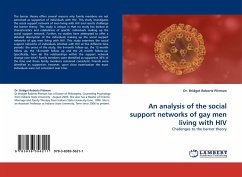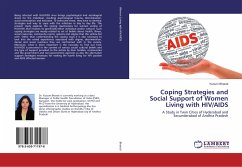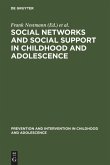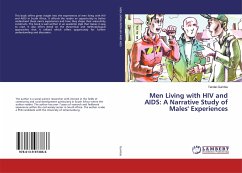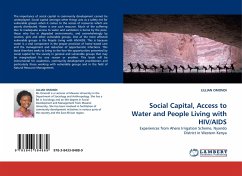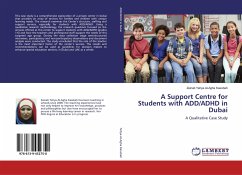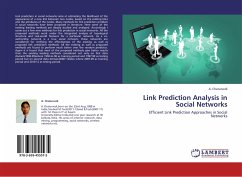The barrier theory offers several reasons why family members are not perceived as supportive of individuals with HIV. This study investigates the social support network of men living with HIV and results challenge the barrier theory. This study is unique in that no study has looked at characteristics and relatedness of specific individuals making up the social support network. Further, no studies have attempted to offer a detailed description of the individuals making up the social support networks of gay men living with HIV. This study examines the social support networks of individuals infected with HIV at five different time periods: the onset of the study, the 6-month follow up, the 12-month follow up, the 18-month follow up and the 24 month follow-up. Specifically, how do the relationships within the support network change over time? Family members were identified as supportive 36% of the time and those family members remained consistent. Friends were identified as supportive; however, upon close examination the exact individuals were not consistent over time.
Bitte wählen Sie Ihr Anliegen aus.
Rechnungen
Retourenschein anfordern
Bestellstatus
Storno

